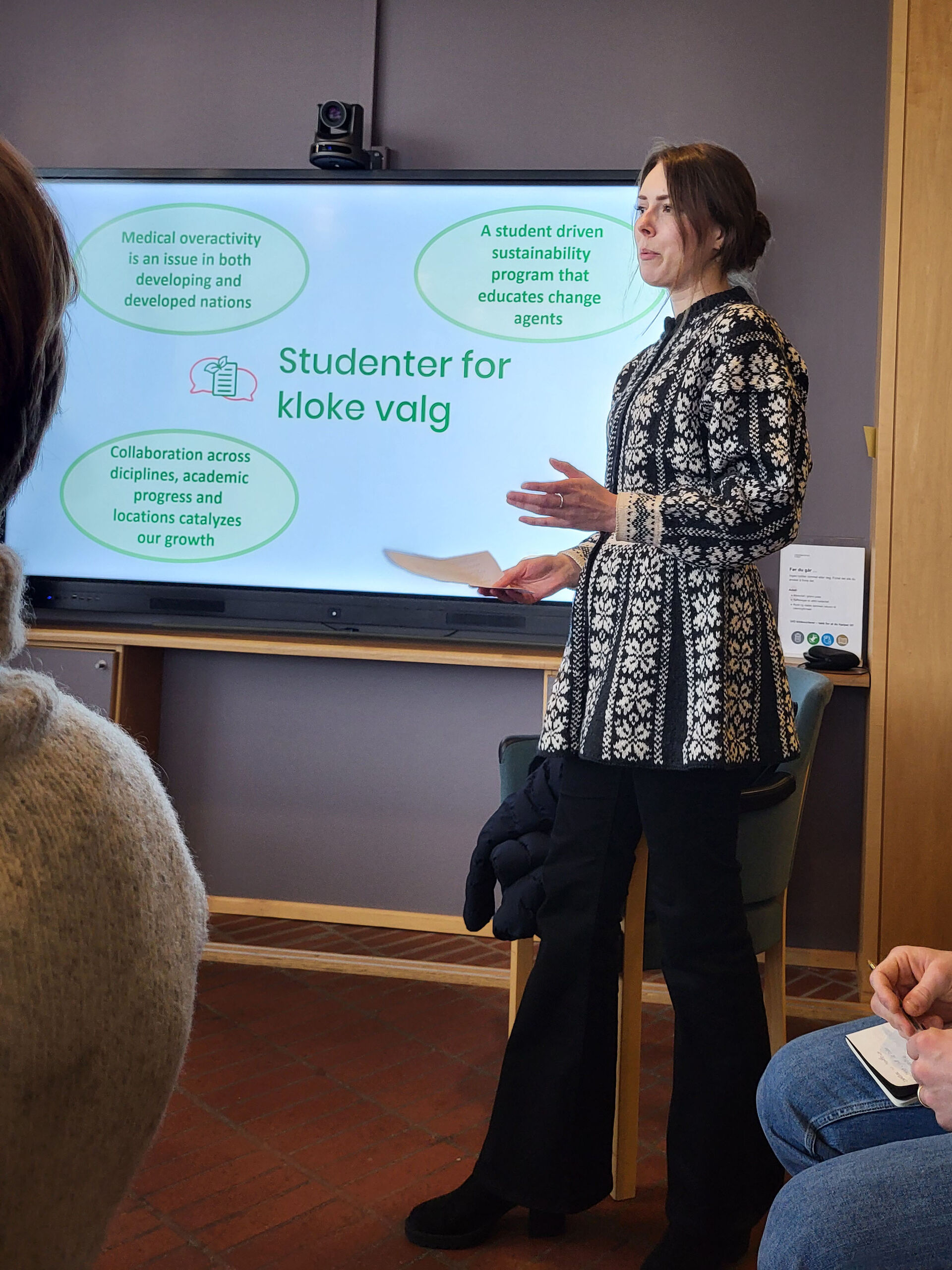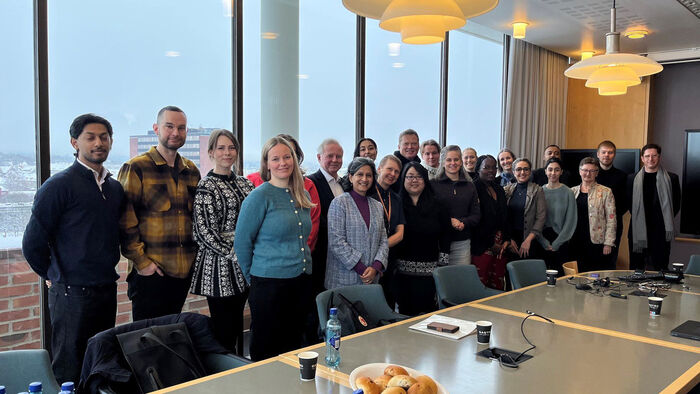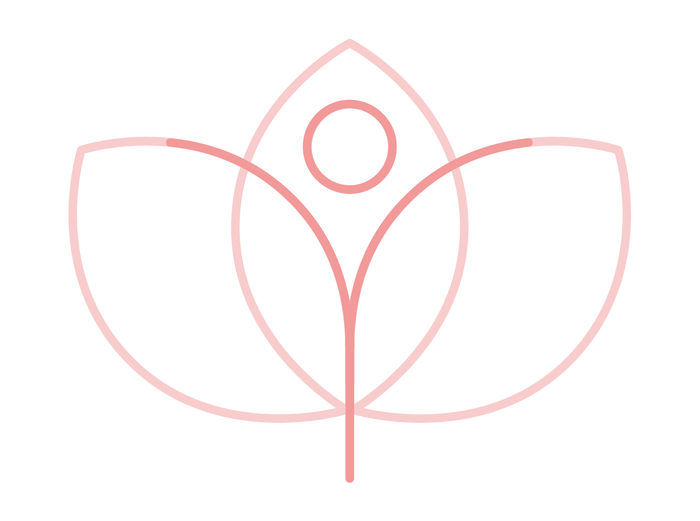Dr. Murthi assumed her role as Vice President for Human Development at the World Bank on July 1, 2020. In her capacity, she directs the World Bank's efforts in Education; Health, Nutrition, and Population; Gender; Social Protection and Jobs. Holding a D.Phil in Economics from the University of Oxford, Dr. Murthi possesses a rich academic background and has authored numerous works on topics such as poverty, demography, education, pensions, and skills. She is particularly recognized for her econometric research on fertility in India.

The meeting, facilitated by NORAD, provided Dr. Murthi with an opportunity to engage with students from the Centre for Sustainable Healthcare Education (SHE) and to explore the center's various sustainability and health-related initiatives. She was also eager to engage with us to explore the work of the Lancet Commission on Global Governance for Health 2.0, chaired by Ole Petter Ottersen, with SUSTAINIT acting as the secretariat.
For the students and staff at SHE, the meetings were profoundly inspiring. Dr. Murthi shared her insights passionately, discussing the World Bank's role and the pressing issues it faces, such as how the climate crisis is catalyzing a global public health emergency. She emphasized the importance of adopting a One Health approach to better prepare for future pandemics, highlighting the interconnectedness of environmental, animal, and human health.
Goals for the upcoming Lancet commission
Eivind Engebretsen introduced SUSTAINIT as the Faculty of Medicine's initiative aimed at enhancing their engagement in achieving the Sustainable Development Goals (SDGs), while Ole Petter Ottersen articulated his vision and goals for the upcoming Lancet commission.
Ottersen underscored that the five governance dysfunctions identified by the previous commission remain pertinent today:
- Democratic Deficit: There's a pressing need for enhanced participation and representation of civil society and health experts in decision-making processes.
- Institutional Stickiness: The rigidity of norms, rules, and decision-making procedures hampers necessary reforms.
- Inadequate Policy Space: Health priorities are often overshadowed by other objectives, such as economic or security concerns.
- Missing or Weak Institutions for Public Health Protection: For instance, there's a critical need for improved and formalized interaction between the Human Rights Council and the WHO.
- Weak Global Accountability Mechanisms: There's a necessity to limit power and ensure actors are accountable to those impacted by their decisions.
The 2014 Lancet Commission was deeply rooted in the post-World War II international political landscape, with the USA as the dominant power. However, the landscape is shifting significantly, potentially leading to a near-dissolution of the current order, especially considering the possible ramifications of the November 2024 election. This shift is propelled by the expansion of BRICS nations and significant demographic changes, particularly in Africa, which is becoming increasingly populous and increasingly important as a player in the global health arena.
Given these changes, the new commission faces a radically different context for health governance. Factors such as conflict and war, migration and climate change must also be considered from a health governance perspective as we develop our strategies for achieving better health for all.
Student-led initatives
Five student-led initiatives were showcased:

- Ritika Sharma and Mina Karkhi introduced the SHE student leadership team, illustrating the extensive contribution of students in various aspects of the center's management.
- Following that, a team of students and emerging scholars (led by Ida Lillehagen and Hilde Vandeskog) highlighted a joint venture with the Partnership for Maternal, Newborn, and Children’s Health (PMNCH). PMNCH stands as the foremost global alliance dedicated to the health and welfare of women, children, and adolescents, boasting partnership with over 1,400 organizations. The collaboration between SHE and PMNCH offers internships to 10 students tasked with analyzing the political commitments of 10 assigned countries across three thematic areas.
- A national group of students introduced the "Choosing Wisely and Sustainably" initiative, which concentrates on addressing medical overuse and initiates a student-led sustainability program aimed at educating future change agents.
- Million Tesfaye introduced the Sustainable Healthcare Education (SHE) Lab, a program designed to steer healthcare education away from excessive rhetoric and toward concrete actions and outcomes. The SHE Lab, a supervised program for master's students, seeks to integrate theoretical knowledge with the essential practical experience necessary for application in real-world settings.
- Finally, Tony Sandset, along with students from the program, presented the ongoing Honours Certificate in Sustainable Health Education. This program is tailored for highly motivated students passionate about issues related to climate, environment, sustainability, and health. It adopts an interdisciplinary approach, employing innovative teaching methods and emphasizing fresh perspectives within the realms of sustainability and health.
The meetings with Dr. Murthi served as a tremendous source of inspiration for everyone at SUSTAINIT and SHE. We are eagerly anticipating the continued collaboration with Dr. Murthi and the World Bank.





